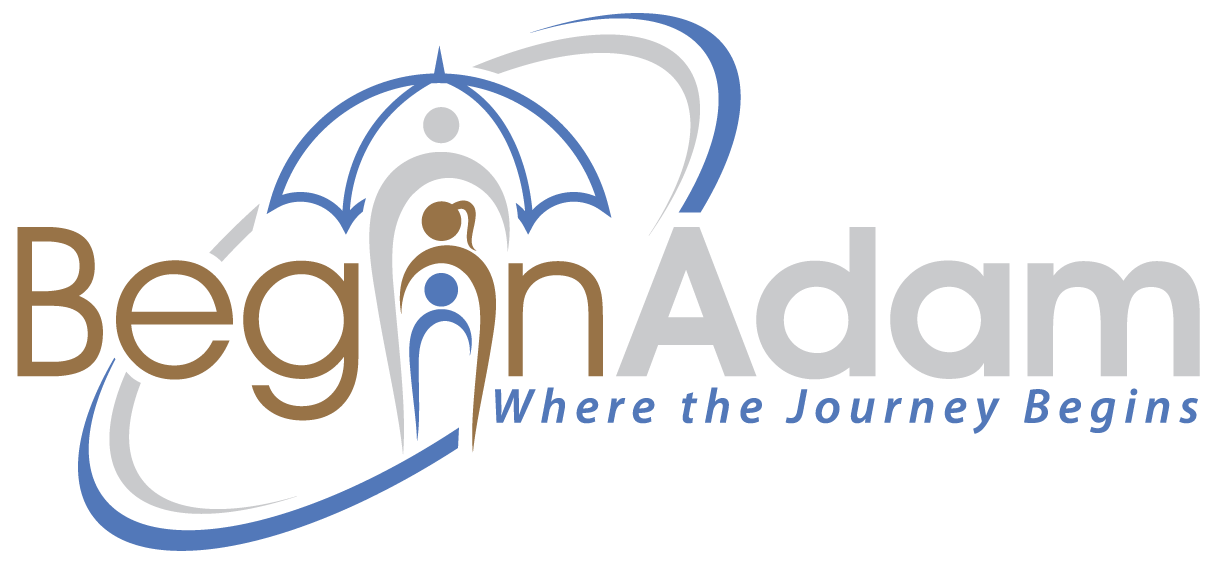Families and individuals in today’s complicated healthcare environment constantly struggle to find long-term ways to lessen the financial burden of medical bills. Many are looking at alternate possibilities to protect their financial well-being while guaranteeing access to high-quality care, given the rising costs of healthcare services and the uncertainties surrounding traditional health insurance. In the middle of this search for cost-effectiveness and efficacy, christian healthcare insurance has become a ray of hope for a growing number of people looking for a more community-based and spiritually-oriented approach to healthcare.
Unlike traditional health insurance models, christian healthcare insurance operates on principles deeply rooted in faith, community, and mutual support. At its core, christian healthcare insurance embodies the spirit of solidarity among like-minded individuals who share common beliefs and values. Instead of premiums paid to an insurance company, members contribute monthly shares directly to fellow participants in need, forming a collective pool of resources to address medical expenses. This unique cost-sharing model fosters a sense of interconnectedness and responsibility, where the well-being of one member becomes the concern of the entire community. Furthermore, the emphasis on biblical principles and adherence to a shared set of guidelines underscores the ethical foundation of christian healthcare insurance, distinguishing it from the profit-driven motives often associated with traditional health insurance providers.
christian healthcare insurance
1. Community-Based Approach:
Unlike health insurance, which operates as a for-profit entity driven by shareholder interests and profit margins, christian healthcare insurance stands apart with its community-based model. Rooted in shared values and beliefs, members of christian healthcare insurance organizations form tight-knit, faith-based communities dedicated to supporting one another during times of medical need. This sense of solidarity not only provides financial assistance but also fosters a profound sense of belonging and connection among members, transcending mere monetary transactions. In times of crisis, this supportive network becomes a lifeline, offering emotional support, prayers, and encouragement, illustrating the true essence of compassionate care within a community-driven healthcare model.
2. Biblical Principles:
Christian healthcare insurance is deeply rooted in biblical principles of stewardship, compassion, and mutual aid. Members are expected to adhere to a set of shared beliefs and values, including living a healthy lifestyle and abstaining from behaviors deemed harmful by the organization. This adherence to biblical principles is central to the functioning of christian healthcare insurance and sets it apart from traditional health insurance.
3. Cost-Sharing Model:
Unlike health insurance premiums, which are paid to an Christian insurance agency, members of christian healthcare insurance programs contribute monthly “shares” or contributions directly to other members in need. These shares are pooled together and used to cover eligible medical expenses incurred by members. This cost-sharing model emphasizes collective responsibility and mutual support, rather than individual risk assessment and profit maximization.
4. Exemption from ACA Mandates:
christian healthcare insurance organizations are exempt from certain provisions of the Affordable Care Act (ACA), including the individual mandate requiring individuals to purchase health insurance or face a penalty. This exemption allows members of christian healthcare insurance programs to avoid the financial burden associated with traditional health insurance premiums while still accessing healthcare services through shared contributions.
5. Faith-Based Eligibility Criteria:
christian healthcare insurance organizations typically have specific eligibility criteria based on faith and adherence to Christian principles. Prospective members are often required to affirm their commitment to living a Christian lifestyle, including regular attendance at religious services and adherence to certain moral guidelines. This faith-based approach to eligibility ensures that members share common values and beliefs, fostering a sense of community and trust within the organization. Additionally, members may be encouraged to participate in community outreach programs and charitable activities as part of their commitment to the organization’s mission. This holistic approach to membership criteria not only strengthens the sense of belonging within the community but also reinforces the organization’s commitment to serving others in need.
6. Healthcare Sharing Guidelines:
christian healthcare insurance organizations often have guidelines outlining eligible medical expenses and procedures that are eligible for sharing. While these guidelines may vary slightly between organizations, they generally include coverage for preventive care, routine check-ups, and catastrophic events. However, certain services, such as elective procedures or treatments deemed morally objectionable, may not be eligible for sharing.
7. Flexibility and Freedom of Choice:
Unlike traditional health insurance plans, which often have restrictive networks and coverage limitations, christian healthcare insurance programs offer greater flexibility and freedom of choice when it comes to healthcare providers and treatment options. Members are free to choose their own healthcare providers and hospitals, allowing them to receive care that aligns with their personal preferences and beliefs.
In conclusion, christian healthcare insurance emerges as more than just an alternative means of managing healthcare costs; it represents a paradigm shift towards a community-centric approach to healthcare. Rooted in faith-based principles of solidarity, compassion, and mutual support, christian healthcare insurance fosters a sense of belonging and interconnectedness among its members. By pooling resources and sharing financial burdens, individuals and families not only gain access to affordable healthcare services but also experience a deeper sense of community and solidarity in times of need. This unique aspect sets christian healthcare insurance apart from traditional health insurance, offering a more holistic approach that addresses not only financial concerns but also spiritual and emotional well-being.
Moreover, as the healthcare landscape continues to evolve and individuals seek more personalized and value-driven solutions, christian healthcare insurance stands out as a beacon of hope for those seeking alignment between their healthcare needs and their faith-based values. With its emphasis on shared beliefs and collective responsibility, christian healthcare insurance offers a compelling alternative to the impersonal and profit-driven nature of traditional health insurance. As individuals and families navigate the complexities of healthcare decision-making, christian healthcare insurance provides a pathway towards greater autonomy, empowerment, and alignment with deeply held convictions. In an era defined by uncertainty and change, christian healthcare insurance offers a ray of hope, demonstrating that healthcare can be both affordable and meaningful when rooted in principles of community, compassion, and mutual support.



